Josh Kurtz: What I Learned Interviewing the Democratic Candidates for Governor About Climate Change
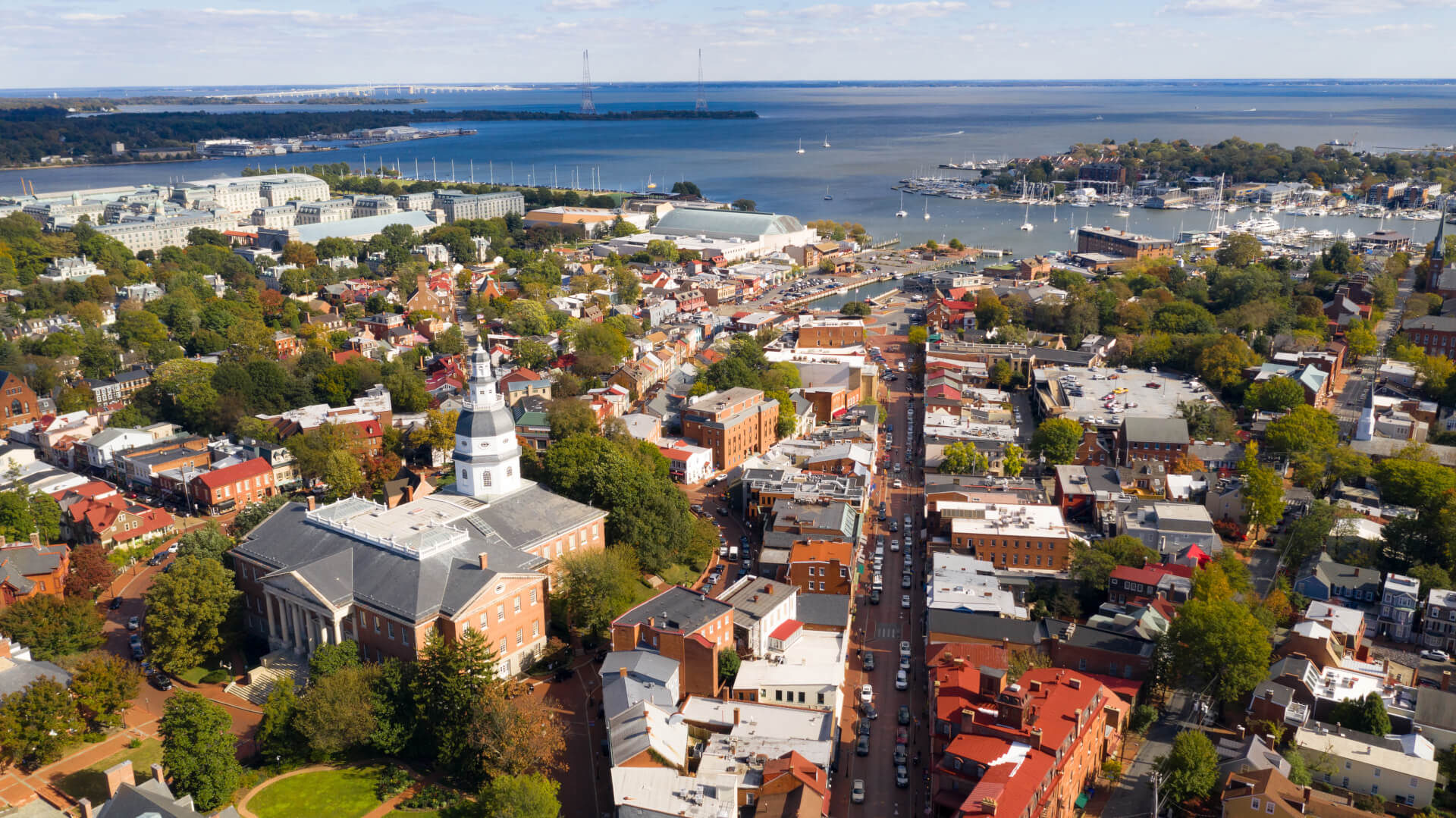
I didn’t quite know what to expect when I set out to interview all the candidates for governor about climate change.
I thought I might be able to pin them down on some commitments for how to combat climate change, and hold them accountable later for their expressed views.
I might have accomplished some of that during the nine-part series we recently ran called “Climate Voter’s Guide,” in which I talked at length to all the Democratic candidates for governor (more on the Republicans later). Please read the series and judge for yourself.
What I was most struck by was how each of the candidates managed to spin the conversation to their benefit and illuminate their own talking points.
Among the Democrats, there was general agreement that Maryland must do more to reach zero carbon emissions, build a robust green energy economy, boost mass transit dramatically, and protect our most vulnerable communities from the ravages of climate change. Some candidates had more specific policy prescriptions than others when it came to achieving their stated goals, but most were on the same page generally. Nobody had many nice things to say about the man they hope to replace, Gov. Lawrence J. Hogan Jr. (R).
What was fascinating to me was how each candidate framed the argument and stayed on message, making their climate agenda align with their overall views and priorities. It felt like a pretty neat trick — but it also provided a great glimpse into what each of these men is thinking both on the issue of climate and on broader matters.
Here’s what I’m talking about:
Former Prince George’s County Executive Rushern L. Baker III, who is using his experience in local government as a selling point on the campaign trail, talked about his climate work at the county level and vowed to make state government help local officials prepare for a warming planet.
Former Clinton administration official Jon Baron, who fancies himself an expert on proven policy solutions, talked at length about the Regional Greenhouse Gas Initiative, a multi-state program in the Northeast and Mid-Atlantic that is working to reduce carbon emissions at power plants.
State Comptroller Peter V.R. Franchot started our interview by reading me a long statement and vowing to enact the most aggressive climate policies in the nation. He has come under criticism from some of his fellow Democrats for his vote green-lighting part of the Hogan administration’s plans to widen two major interstate highways. But Franchot dismissed the criticism and argued that by the time those projects come to fruition, most Marylanders will be driving electric vehicles — an eventuality he plans to accelerate if he’s governor.
Former state Attorney General Douglas F. Gansler highlighted his estimable environmental record as AG and touted his very lengthy plan to fight climate change. He talks far more extensively about land use and development than any of the other Democratic candidates.
Former Obama administration official Ashwani Jain made no bones about the fact that his fairly extensive climate plan was crowdsourced and put together by a team of volunteers — a hallmark of his campaign and the way he anticipates running his administration.
Former U.S. Education Secretary John B. King Jr. in some ways had the most complete climate plan and he was also the most detailed about how he would achieve his goals — or at least, like a good educator, was the most clear about articulating them. King’s plan seems to reflect the priorities of one of his most prominent supporters, state Del. Lorig Charkoudian (D-Montgomery). She’s a leading environmentalist in Annapolis, so that’s hardly a bad thing.
Author and former nonprofit CEO Wes Moore talked the most about using an equity lens when building a climate plan. I was struck also by how he fretted more than his fellow Democrats about how climate disasters could interrupt the school calendar and children’s education.
Former Democratic National Committee Chair Tom Perez, who has a more more varied background in government than any of the other candidates, spoke about how effective government can be tackling its most urgent problems if there is a strong leader at the top, offering coherent and sustainable policy goals.
Baltimore tech CEO Michael Rosenbaum was also interviewed, but he has since dropped out of the race.
Climate heroes
Even more revealing and fascinating were the candidates’ responses to the question of who their personal climate hero is. They had no inkling that this question was coming, so no time to do homework and bone up on the intricacies of RGGI or climate emissions goals or tax credit policies for clean energy. Their responses were spontaneous and, while predictable in some cases, pretty fun in others.
To review: Gansler and Baker each listed two climate Heroes. Gansler’s first was Joe Tydings, the late U.S. senator who was a key adviser to Gansler, including on environmental issues, while he was attorney general. Gansler also listed former Gov. Parris N. Glendening, a model for environmentally minded would be-governors.
Gansler’s answer of Tydings gave him the opportunity to reference a Chesapeake Bay pollution test that politicians in Southern Maryland devised, by wading into the Bay and recording when they stop seeing their toes. Gansler caustically suggested that he is the only Democrat running for governor who is even aware of that ritual.
Baker’s two choices fit in with his emphasis on local government. He cited Adam Ortiz, the former mayor of Edmondson in Prince George’s County, who became Baker’s first environmental chief and now is a regional administrator for the U.S. Environmental Protection Agency. Baker also mentioned state Sen. Paul G. Pinsky (D-Prince George’s), a longtime neighbor and personal friend and a leading environmentalist in the General Assembly.
Perez and Baron both name-checked former vice president Al Gore, a weighty if conventional choice.
Jain talked about U.S. Rep. Alexandria Ocasio-Cortez as a generational change agent — something he envisions being himself — even though he conceded that he disagrees with her on some policy matters.
King mentioned Pope Francis, a fellow Catholic.
Moore, solidifying his status as the only candidate from Baltimore, held up the career of Baltimore City Councilmember Mark Conway (D), who worked in the environmental movement before winning public office in 2020.
And Franchot mentioned the Swedish teenaged climate activist Greta Thunberg, though not by name. He referred to her as “that young woman.”
We’ve extended invitations to two Republican candidates for governor for interviews on climate change. One campaign has expressed a preference to wait to discuss the issues until sometime next year; the other hasn’t responded at all. We hope these conversations take place sooner rather than later.
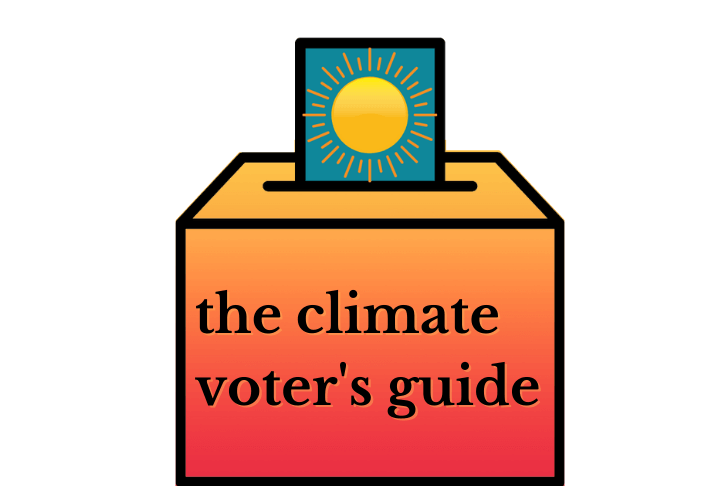

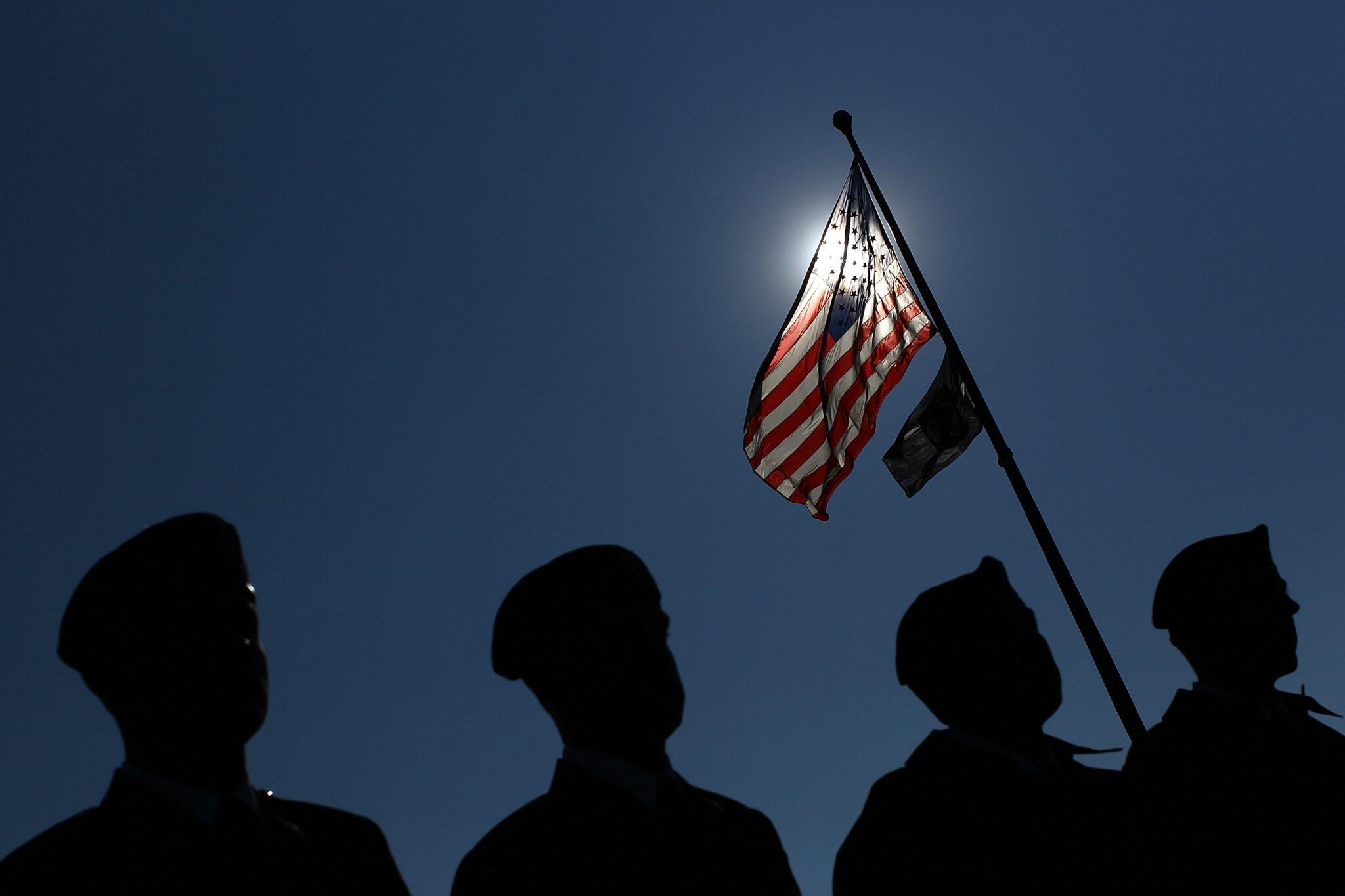
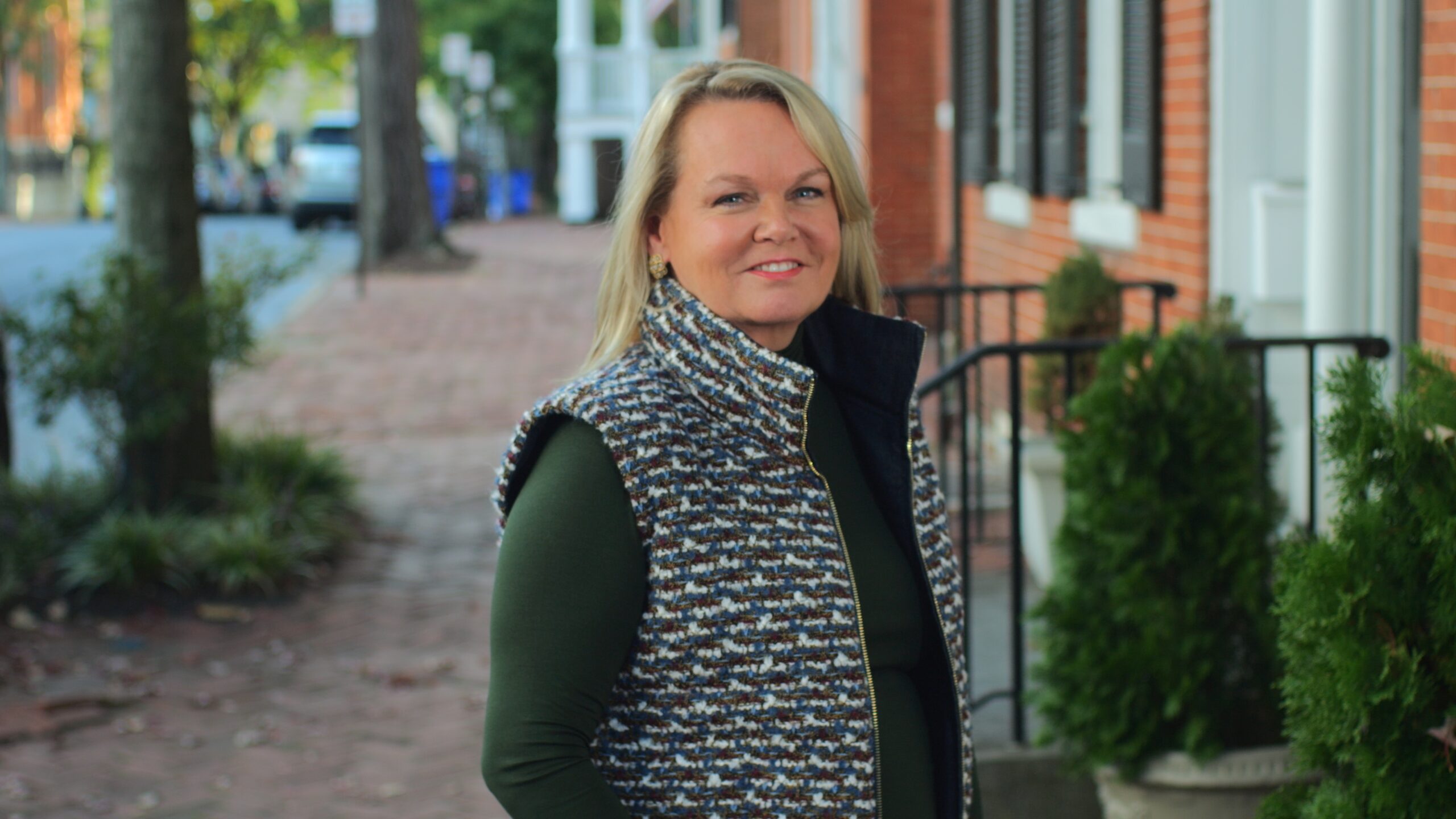
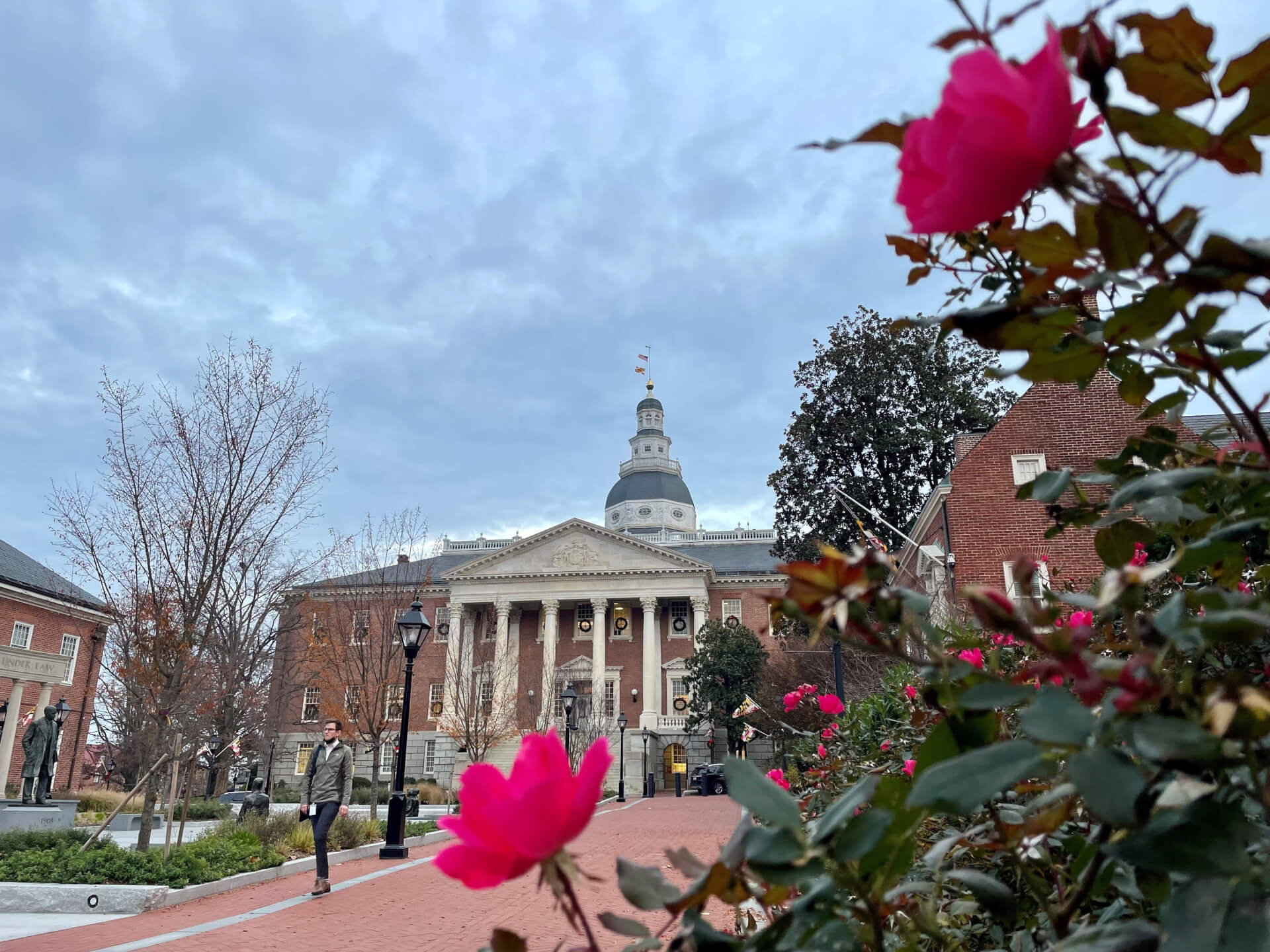
 Creative Commons Attribution
Creative Commons Attribution